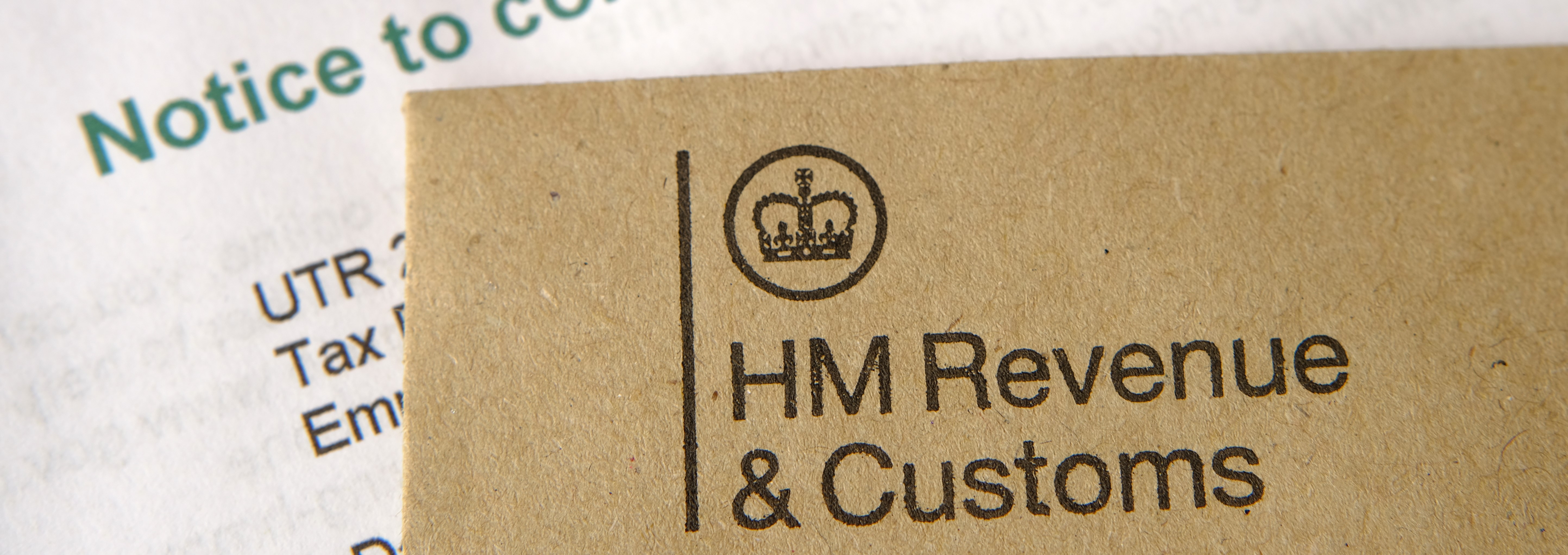
-
About us
Our Experts
- Services
- International Services
-
Experts' directory
- Articles & blog
- Contact us

Tax Investigations
Providing specialist support to help minimise your tax liability
Tax investigations
The idea of a tax investigation by HMRC is likely to fill even the most cautious and financially responsible business owner with a sense of dread.
The reality is, HMRC tax investigations are rarely an experience that should cause concern. The fear of a tax investigation comes from a misunderstanding of a situation, which provided that you have declared all your income and gains correctly should not cause you any concerns.
The detail HMRC will go into, and the amount of information they request varies depending on the type of tax investigation you face. In the first instance, your own accountant will be able to assist you in providing a comprehensive response to HMRC's enquiries.
The majority of people in the UK pay the tax that is due and claim only the credits they’re entitled to. However, there is a small minority who are determined not to pay or who set out to defraud the tax and credit system. At its most extreme this fraudulent behaviour can amount to organised criminal gangs making sophisticated attacks on the tax and benefits system.
Where it becomes evident that there are serious matters (fraud and deliberate conduct), HMRC will consider a criminal investigation from the outset where they suspect that a significant amount of revenue has been lost.
Once HMRC launch a criminal investigation (through the Fraud Investigation Service or FIS), you should take immediate specialist advice immediately.
If you are subject to a criminal investigation, we can assist you in defending the claims by HMRC as well as providing specialist support.
Further information on tax investigations under COP9 is available here
What happens during a tax investigation?
During a tax investigation, a tax authority will review a taxpayer's financial records and documents to determine whether they have accurately reported their income, paid the correct amount of taxes, and/or properly claimed deductions and credits. T
he authority may also conduct interviews with the taxpayer or their representatives and review their bank accounts, investments, and other related records. Depending on the scope of the investigation, they may also contact third parties, such as employers or financial institutions.
The investigation may lead to an assessment of additional taxes and/or penalties, or even criminal charges if there is evidence of tax fraud or evasion.
How long can a tax investigation take?
The length of a tax investigation depends on the complexity of the case and the amount of time it takes for the relevant parties to respond to requests for information. In some cases, an investigation can take as little as a few months, while in other cases they may take up to a year or more.
Contact us
Find out more about how Matrix Forensic can help with tax investigations by sending us an enquiry.
© Matrix Legal & Forensic Services Ltd - 2025
Website designed and developed by morphsites®
This website uses cookies to ensure you get the best experience. Learn more